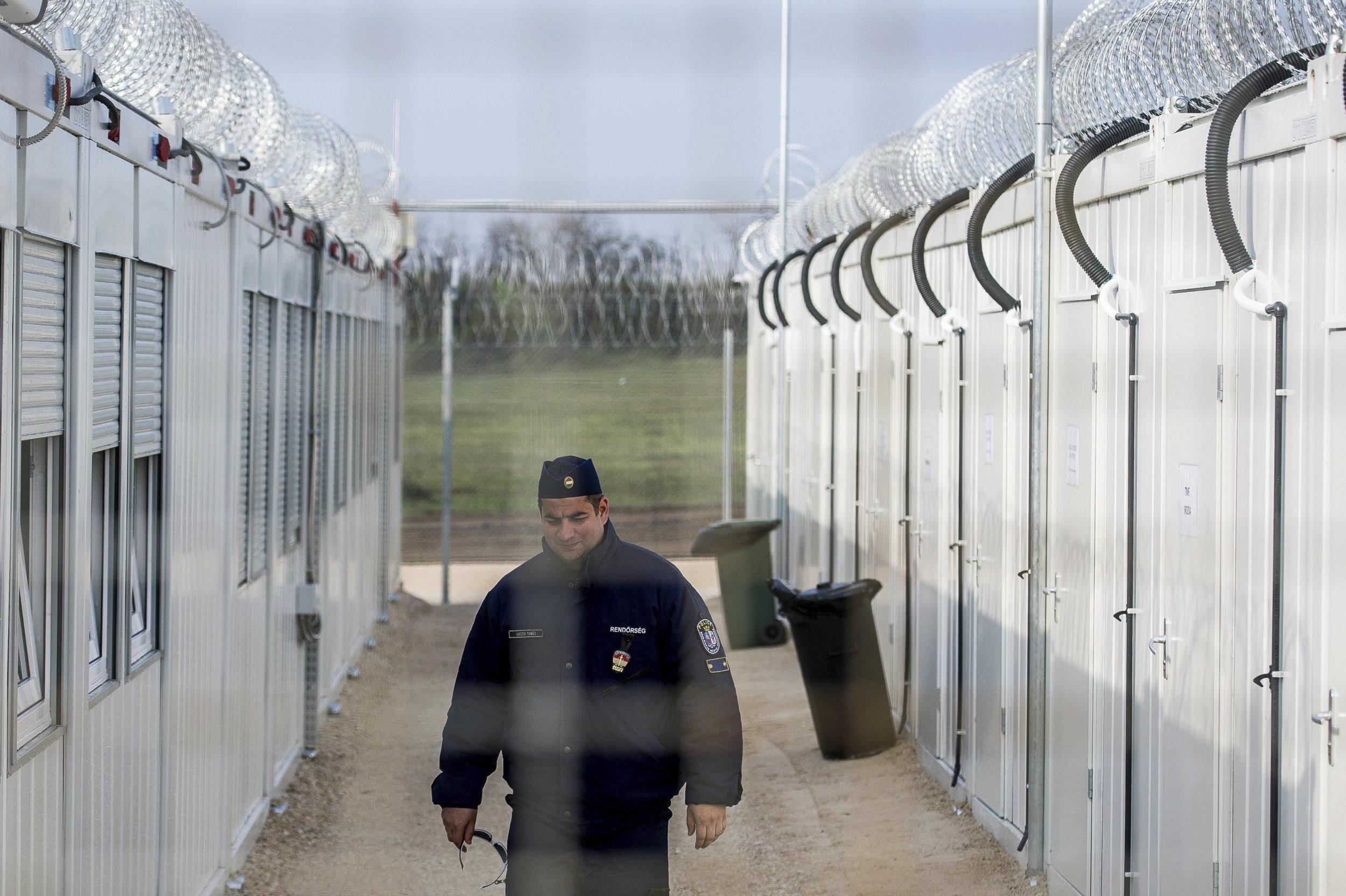Hungary closing transit zones for asylum-seekers
People will now have to present claims at Hungarian diplomatic missions

Hungary’s government said on Thursday that it is shutting down the transit zones on its southern border with Serbia where asylum-seekers are being kept while their asylum requests are decided.
Prime Minister Viktor Orban’s chief of staff said that, as a result, some 280 asylum-seekers will be moved to reception centres in the country.
Gergely Gulyas also said that, in the future, those seeking to apply for asylum in Hungary will have to present their claims at Hungarian diplomatic missions.
The government decision comes after the European Union’s top court last week ruled that holding asylum-seekers in Hungary’s transit zones amounted to “detention” and said it was allowed for a maximum period of four weeks.
Hungary built fences protected by razor wire on its southern borders with Serbia and Croatia and later a pair of transit zones on its border with Serbia in the wake of the 2015 migrant crisis, when some 400,000 people passed through Hungary on their way to Western Europe.
The measures were part of Orban’s increasingly strict anti-immigration policies and the extreme minimisation of Hungary’s asylum system.
The transit zones built from shipping containers were a frequent target for widespread criticism from domestic and international rights groups.
They objected, for example, to the small number of asylum-seekers allowed to file claims, the prison-like conditions faced by those kept in the transit zones — including families with small children — and Hungary’s frequent decision not to provide food to adults whose initial asylum claims were rejected but who remained in the transit zones while their appeals were heard.
AP
Join our commenting forum
Join thought-provoking conversations, follow other Independent readers and see their replies
Comments
Bookmark popover
Removed from bookmarks